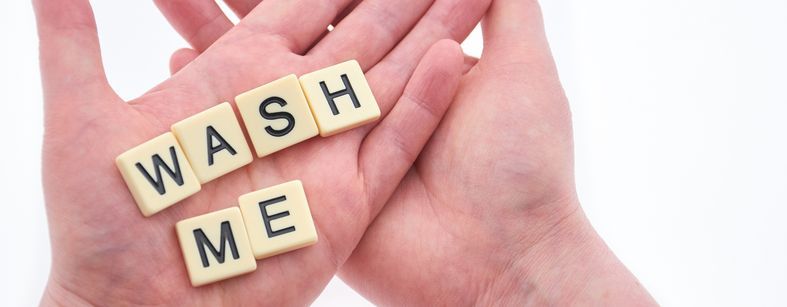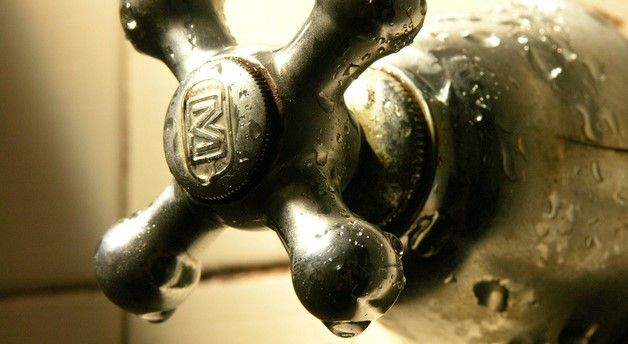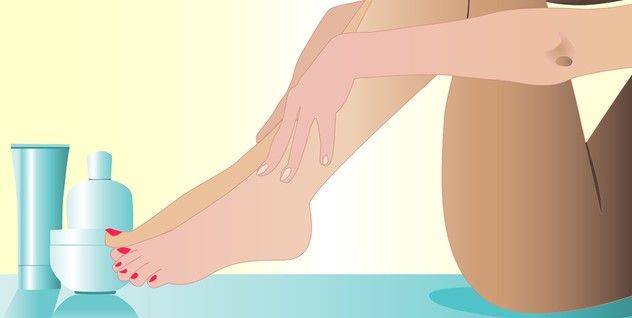The coronavirus pandemic has changed people’s lives in so many ways.
Sadly, more people suffer from depression and domestic abuse, while alcohol consumption and feelings of loneliness have also increased. On the other hand, simple pleasures, such as meeting family and friends, a trip to the cinema or a restaurant are appreciated much more.
However, a new survey has also found that COVID-19 is drastically altering the public’s concept of cleanliness.

The poll asked 2,000 adults about their daily routine and washing habits and found that most people have an increased awareness of clean and unclean, spend an increased amount of time cleaning, and are more likely to avoid everyday objects they suspect may be infected.
The highlights of the survey, conducted by One Poll, found that:
· 38% of people have added cleaning door handles to their usual cleaning routine
· People now leave food shopping in bags for an average 27 minutes before unpacking
· 17% no longer pet passing dogs they meet on a walk
· People now leave post and deliveries for an average 41 minutes before touching them
· 78% of people are more conscious of their personal hygiene
· On average people wash their hands nine times a day, compared to six times a day before the pandemic began
· 41% of people now carry tissues with them when outside the house
· 5% take a spare change of clothes with them when outside the house
· 18% of people have more showers than before
· 33% of people clean their houses more often
· 46% wipe down surfaces more regularly
· 11% are anxious about the ingredients used in hand sanitisers
· 15% would like more information about sanitisers and hand gels
· 65% now wash their hands for at least 20 seconds
Other new habits include crossing the street to avoid strangers, throwing shopping bags away after one use, and cleaning mobile phones with anti-bacterial wipes.

“The nation is more aware of combating germs since the coronavirus outbreak and it is clear people have changed their everyday routines to stay as safe as possible,” notes Nicola Smuts-Allsop, founder of the company Fulvisafe, a maker of antiviral and anti-bacterial sanitisers which commissioned the research. “Hand sanitiser, face masks and gloves are now handbag essentials, but there is a lot of unknown around what products are in many sanitisers and how safe they are to be using continuously.”
In fact, more than half of those questioned say that they now take hand sanitiser with them whenever they leave the house, a third take antibacterial wipes, and 27% carry gloves.
Interestingly, 40% of the survey’s participants plan to keep to their new clean routine even once the coronavirus has passed, something that Smuts-Allsop calls, ‘a picture of the new normal for many’.
Unfortunately, the downside of this new normal is the damage to the skin caused by some hand sanitisers. In fact, 25% of respondents complained of dry and cracked hands, while 37% have increased their use of moisturisers.

In addition, among the parents of those asked, a quarter have found it difficult to source cleansing products that are effective against coronavirus whilst also being safe and gentle for younger skin.
“Nobody has escaped the impact of Covid19 and people have had to make major lifestyle adjustments to protect themselves,” says Smuts-Allsop. “These will have long term impacts on behaviour for, even when this pandemic is controlled, it has raised awareness of threats and how to minimise them.”
Like it or not, cleanliness routines and our understanding of clean has changed. Our awareness of the bacteria and viruses around us has grown and makes us think every time we touch a surface such as a door handle, lift button, or stair rail.
Keeping clean and keeping healthy now go together hand in hand. Sanitiser is here to help us achieve the level of clean that we all want and that we now all need.
To find out more about trusted hand sanitiser products visit AG PROTECT.
Photo credit: Gabriella Fabbri from FreeImages, Marne Andriotti from FreeImages, Marco Caliulo from FreeImages, & Words as Pictures from StockSnap